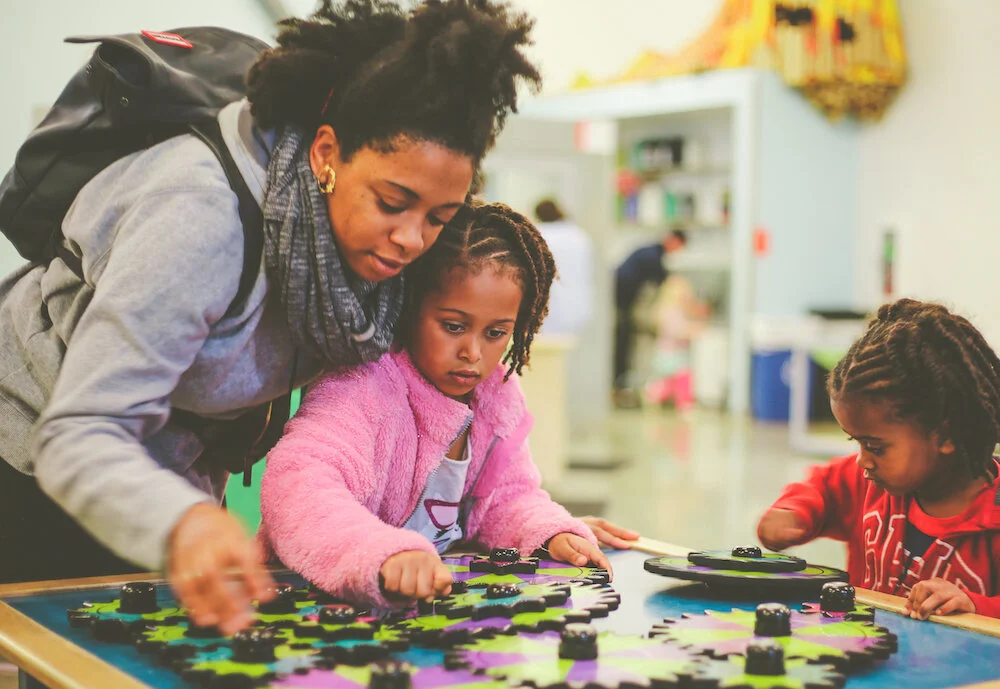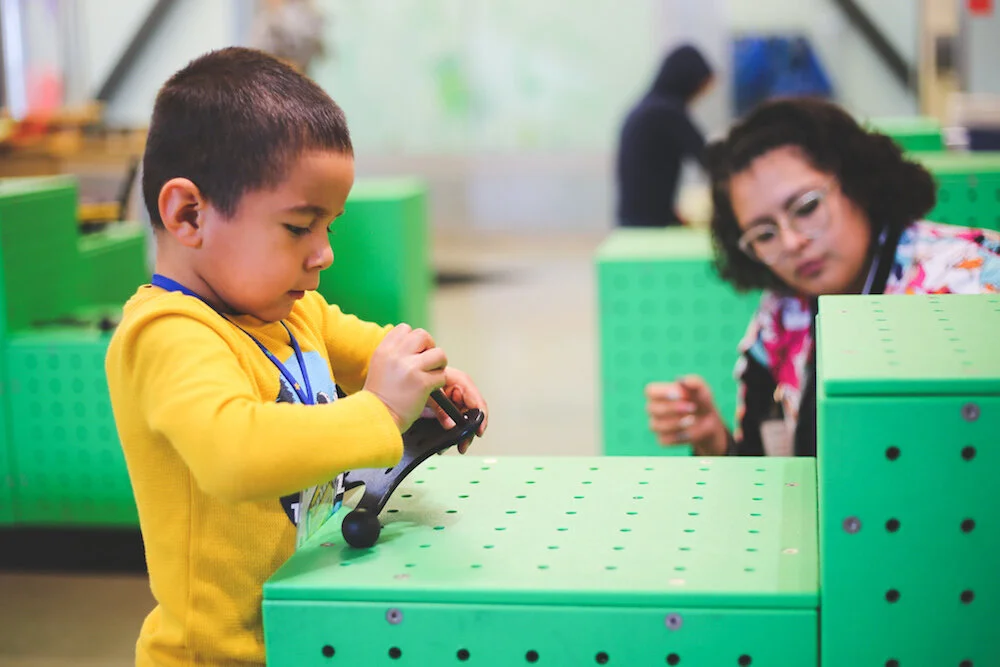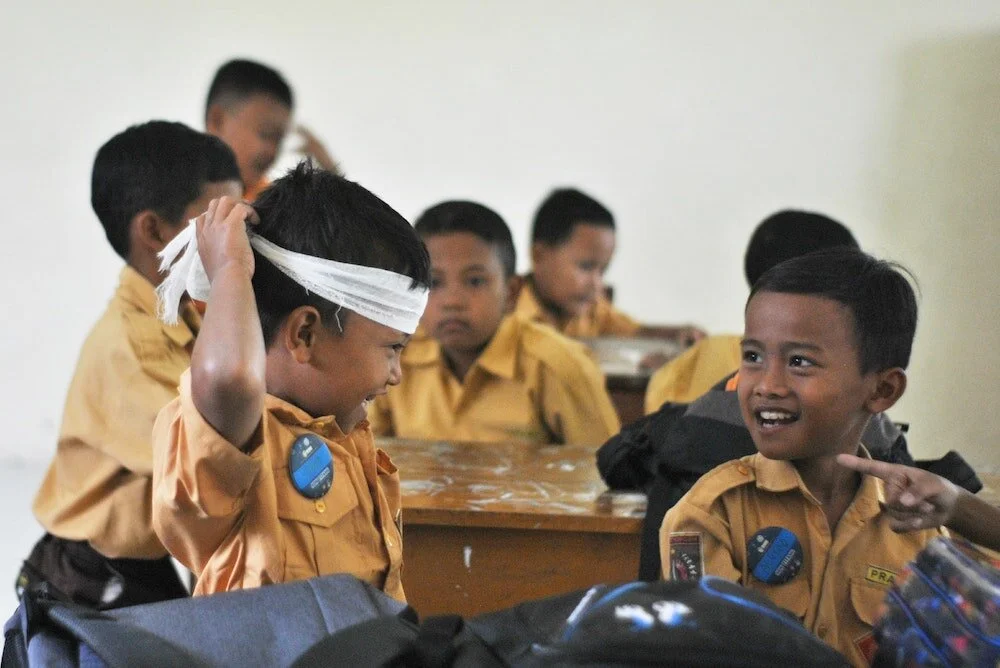
We specialize in studying the sociocultural context of learning and development. Topics of study include cognitive and social development and early childhood education.
We currently have active research programs examining early STEM learning in informal learning environments such as children’s science museums. For example, we have studied exploration, explanation, and early scientific reasoning in the context of parent-child interaction in children’s museums in three regions of the U.S. We recently built a Research Hub as part of our partnership with Thinkery (Austin Children’s Museum) that includes a laboratory, exhibit prototyping zone, and community resource center. We are currently designing museum exhibits to build STEM habits of mind and support school readiness through a museum-university-community research partnership.
Child Development Projects
Examining cognitive and cultural evolution by comparing learning in humans to other animal species
How scientific and religious explanations develop and are used to reason about diverse phenomena
Investigating how modifications to museum exhibit design and facilitation by museum staff influence family interaction and increase children’s causal learning
Recording and revealing the behaviors of infants and mothers during natural activity in their homes, providing an unprecedented corpus of data
A museum-university-community research partnership
Studying how culture influences the development of cognition over childhood
Related Articles
Legare, C. H., & Baniahmadi, M. (In Press). The Development and Diversity of Cumulative Cultural Learning. Human Development special issue: Beyond Dualism: Embodiment and Development.
Hashmi, F., & Legare, C.H. (2025). From counsel to consumption: Examining sociocultural influences on perinatal nutrition in rural India. Frontiers in Nutrition, 12:1645528. https://www.frontiersin.org/journals/nutrition/articles/10.3389/fnut.2025.1645528/full
Goldwater, M., Hashmi, F., Mondal, S., & Legare, C.H. (2025). Community health workers’ counseling is based on a deficit model of behavior change. PLOS Global Public Health. 5(7), e0004167. https://doi.org/10.1371/journal.pgph.0004167
Related Press
- Life & Letters, College of Liberal Arts, UT Austin
May 7, 2020








